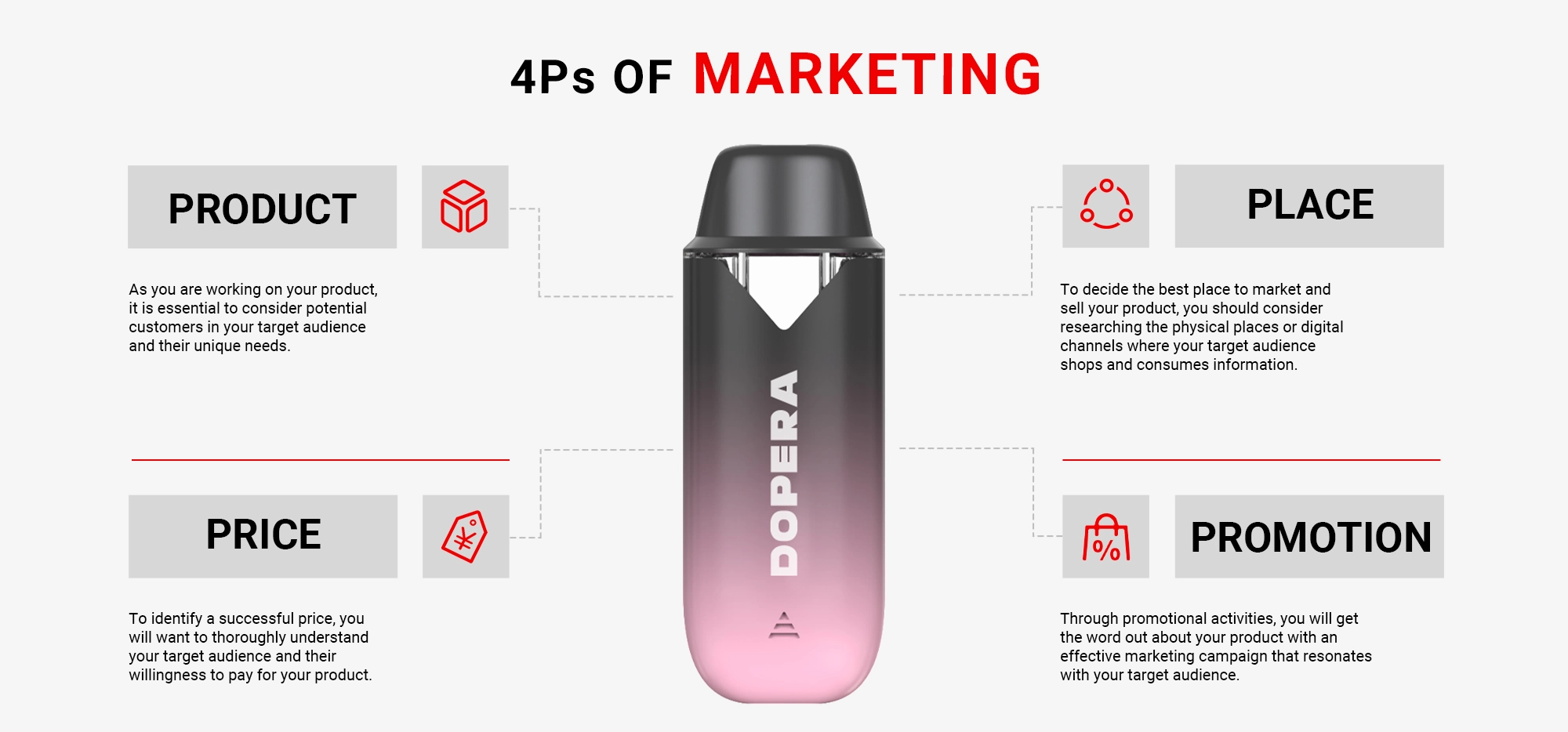Overcoming Challenges: 3 Step Strategies for Small Cannabis Social Equity Businesses
Social equity advocate Shawn Richard stood before the San Francisco Planning Commission in the iconic Upper Haight neighborhood, advocating for the first-ever cannabis dispensary in the area. His mission, rooted in social equity, was clear: “I want to bring something back to the community that has given me so much, and show that change is possible,” he stated.

Richard is the first approval in San Francisco’s cannabis equity program. Captured by CARLOS CHAVARRIA
As WIRED correspondent Matt Simon once interviewed, Richard’s past is a tapestry of hardship, marked by three decades in Folsom State Prison for cocaine dealing and the tragic loss of his younger brother. These experiences led him to found Brothers Against Guns, a non-profit organization that fights gun violence in the city. His journey symbolizes his transition from a troubled past to positive change and fits perfectly with the Commission’s search for ‘upstanding cannabis business owners’.
While the social equity program has provided Richard and his business with crucial support, including accounting services, capital improvements, legal assistance, regulatory compliance and rent , the journey has not been without its challenges. Surprisingly, Richard found himself dealing with an overwhelming amount of paperwork and a frustratingly slow bureaucracy that can often dampen the spirits of even the most enthusiastic business owners.
Furthermore, high taxation has posed another significant hurdle on Richard’s path to profitability.
 “Taxes are kicking my butt. We gotta do something about the taxes; we gotta figure out how to lower them. We really are not making any money. The State of California already has high taxing as it is, and so the cannabis tax is two times the amount of normal taxes!”
“Taxes are kicking my butt. We gotta do something about the taxes; we gotta figure out how to lower them. We really are not making any money. The State of California already has high taxing as it is, and so the cannabis tax is two times the amount of normal taxes!”
Richard shared with local newspaper Bay View. These unexpected challenges highlight the ongoing struggles faced by equity businesses, despite the support provided by social equity programs.
3 Key Challenges for Small Social Equity Businesses
The social equity program has opened doors to the profitable cannabis market for minority communities. However, these small businesses face common challenges. They must adapt quickly to the fierce competition and the ever-changing cannabis market. Without adaptation, they risk failure and inability to survive.
1. Financial Barriers
Financial barriers pose a big challenge for equity business owners. Unlike traditional industries, cannabis businesses struggle to get bank loans. Federal regulations discourage banks from supporting them. Thus, cannabis entrepreneurs face limited financing options.
They need significant capital to sustain their businesses. Richard says, “If you don’t already have the cash, you’re going to have a hard time lining up the capital needed to rent a storefront, acquire stock, or pay workers.”
2. Fierce Competition from Giants
Cannabis giants in Canada create strong competition, especially for small businesses. Two major Bay Area dispensaries, Apothecarium in San Francisco and Harborside in Oakland, were acquired by Canadian firms.
Multi-state operators (MSOs) in the US control the supply chain, ensuring product availability in various markets. Green Thumb Industries, a large MSO, runs 16 production facilities and has licenses for 111 retail locations in 14 states. These giants have vast distribution networks and strong retailer relationships. They can offer lower prices, making it tough for small businesses to compete.
3. The Price of Market Access
Accessing new markets and distribution channels is difficult. Larger companies, like Berner’s store, leverage their relationships to expand. They integrate aggressive social media marketing, cookies-style brand identity, and hip-hop artist endorsements.
This strategy creates significant buzz and operates 55 stores in 20 states and 7 countries as of the end of 2022. However, this type of marketing can be costly and out of reach for most smaller businesses with limited budgets and networks.

“It’s a Game of Thrones,” says Nina Parks, a cannabis activist and consultant who helped set up San Francisco’s social equity program. “To navigate the increased competition, small equity companies should strategically prioritize conducting solid market research, securing market access and building community connections to emerge victorious in the highly competitive marketplace. The question is, how can they effectively achieve these goals?
3 Step Strategies for Small Cannabis Equity Businesses to Thrive
So you are a small business owner, and you still have significant opportunities to thrive despite fierce competition. By targeting niche markets, offering personalised customer service and capitalising on your agility and strong community ties, you can carve out a unique space for yourself. Here’s how:
1. Access to Cannabis Market Research and Adequate Data
The cannabis industry has long operated without the detailed data other industries enjoy. Entrepreneurs often had to learn by trial and error, which led to mistakes and slow growth. Thankfully, things are changing, and more market research is now available to understand the competitive landscape, niche markets, and data-driven trends.
This information is crucial, especially for small businesses with limited budgets. Using market research, cannabis businesses can better understand their customers, keep up with trends, and learn from other businesses’ successes and failures. This helps make informed decisions that drive revenue and growth.
Accurate information is also essential for compliance. The cannabis industry has many rules that vary by location. Understanding these rules helps businesses stay compliant with all necessary laws and regulations.
2. Differentiation and Lightweight Asset-Operating Model
In the cannabis industry, small businesses need to stand out and save money simultaneously. Taking risks on new products or services can help them carve out a niche. Offering personalized products and exceptional customer service is one way to achieve this. Create tailored products such as special cannabis strains, organic options, or innovative vaping technology to meet specific preferences.
Small businesses should adopt a “lightweight” approach to sustainable operations. This means using third-party assets and focusing on core strengths to cut down costs. Instead of investing in expensive marketing tools or teams, partner with established organizations and sell products online. This strategy saves money and allows you to focus on creating unique products. It also helps in providing a great customer experience and building strong community connections.
3. Knowing Your Clients and Building Community Ties
Successful marketing comes from truly knowing your customers. Understand where they go, how they spend, and their communication preferences. Take Marie Saloum, for example. She understands her customers’ desires and preferences deeply. This insight led her to create special cannabis-themed Valentine’s Day boxes and Mother’s Day cannabis bouquets. These offerings include cannabis-infused chocolates and beautiful bouquets adorned with cannabis flowers. They have become instant hits with women in the cannabis community.
Marie’s business approach highlights the importance of connecting with your cannabis community and clients. By understanding your consumer and crafting resonant offerings, you build a loyal customer base. This support can propel your business to new heights. In a crowded market, forming meaningful connections with your community and clients is crucial for standing out and achieving lasting success.
Artrix: Supporting Social Equity in Cannabis Business Growth
As a leading cannabis vape solution provider, Artrix brings a wealth of expertise to the market, making it the go-to partner for small equity businesses. With its comprehensive market research, expert design and manufacturing capabilities, Artrix crafts personalized products and delivers top-notch customer service, all backed by innovative marketing strategies. This makes Artrix an ideal partner for those looking to make a mark in the competitive cannabis market. This transformative cannabis industry collaboration represents a milestone partnership between Artrix and social equity advocates, including strategic alliances with organizations like 40 Tons, a prominent social equity cannabis advocacy group.
In line with its commitment to social equity, Artrix is proud to announce the launch of the Artrix Social Equity Program (ASEP). As part of this initiative, Artrix will be giving away 100,000 Drillor 510 threaded cannabis vape cartridges to cannabis businesses and brands, alongside personalized market advice and marketing support tailored to different regions.
The ASEP aims to bridge the gap between cannabis entrepreneurs in need of resources and organizations that can provide them. Through this program, Artrix hopes to foster positive change in the industry, ensuring high-quality cannabis vape products are accessible to all and supporting sustainable initiatives that uplift communities previously left behind.
Commercial Cannabis Construction Consulting
As a responsible participant in the cannabis industry, Artrix is taking tangible steps to support social equity within the sector. Leveraging its expertise as a leader in cannabis vape business solutions, Artrix aims to provide tailored support to diverse regional markets, including product support, market insights, product expertise, and marketing solutions.
If you want to be part of the ASEP program, just click the link below.
Further Reading



















-1.webp)
-1.webp)
-2.webp)




























































